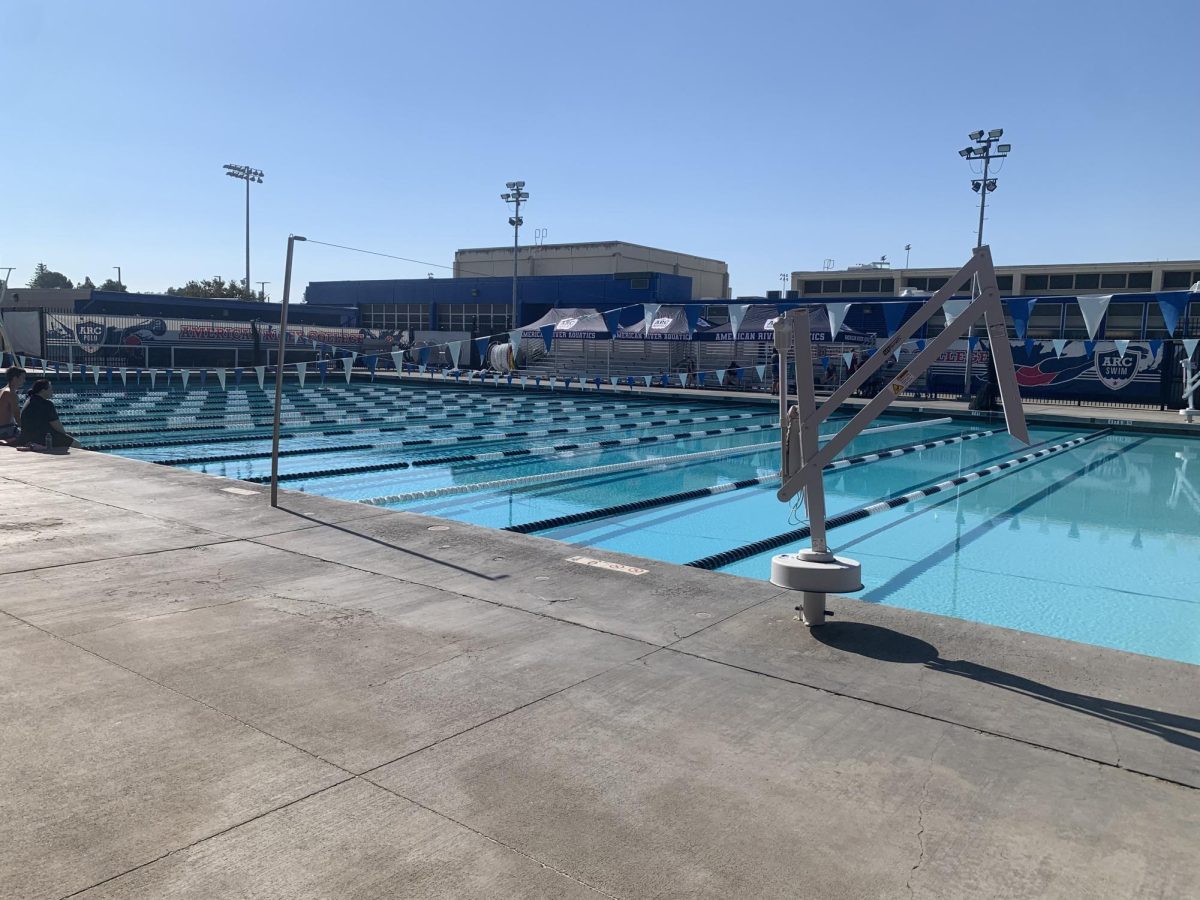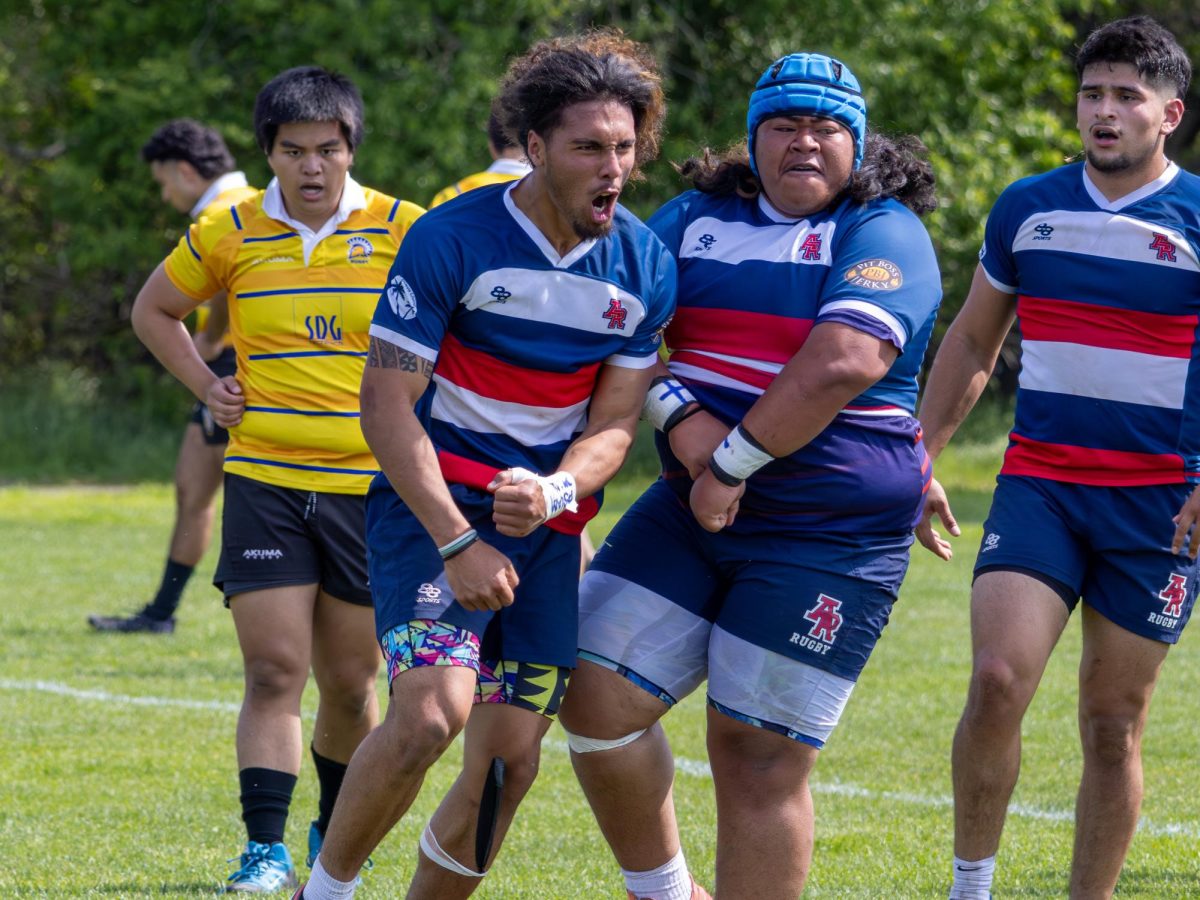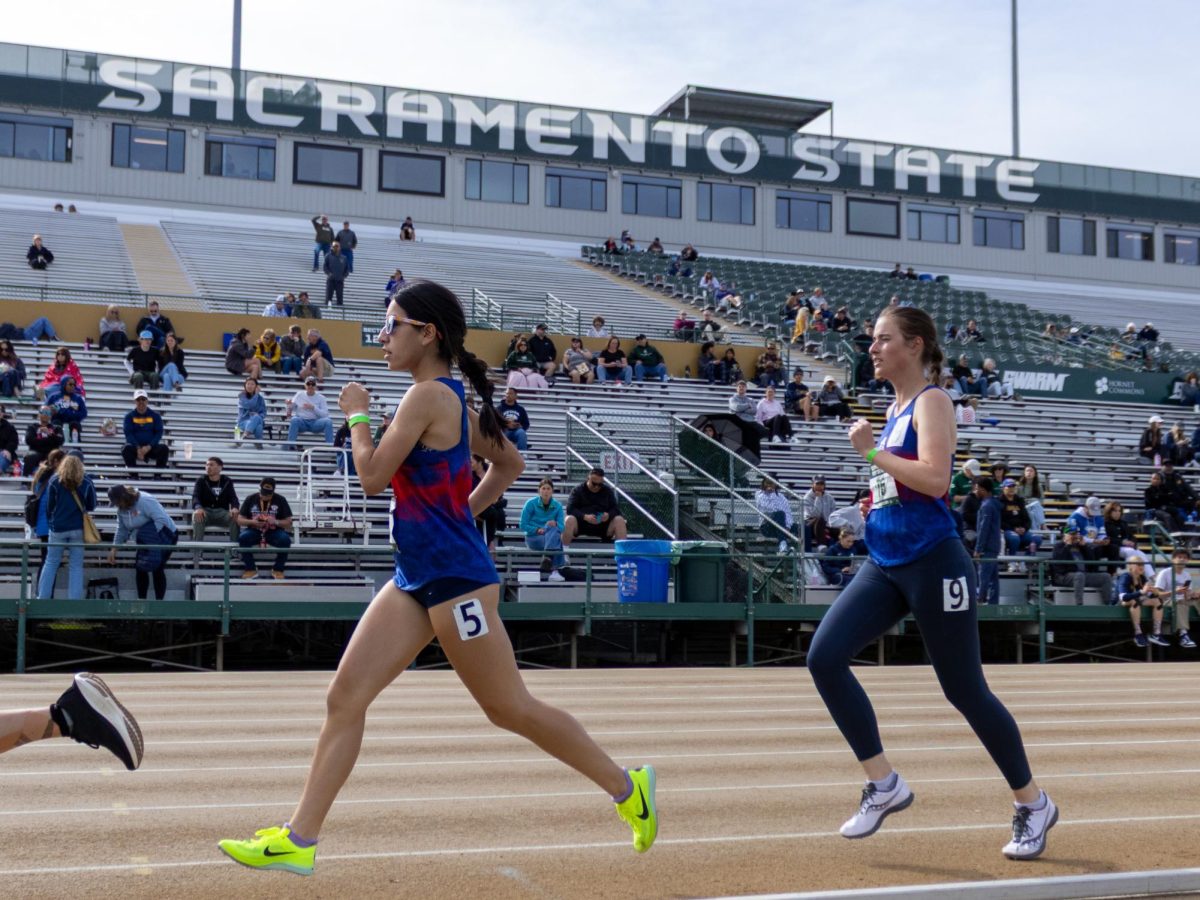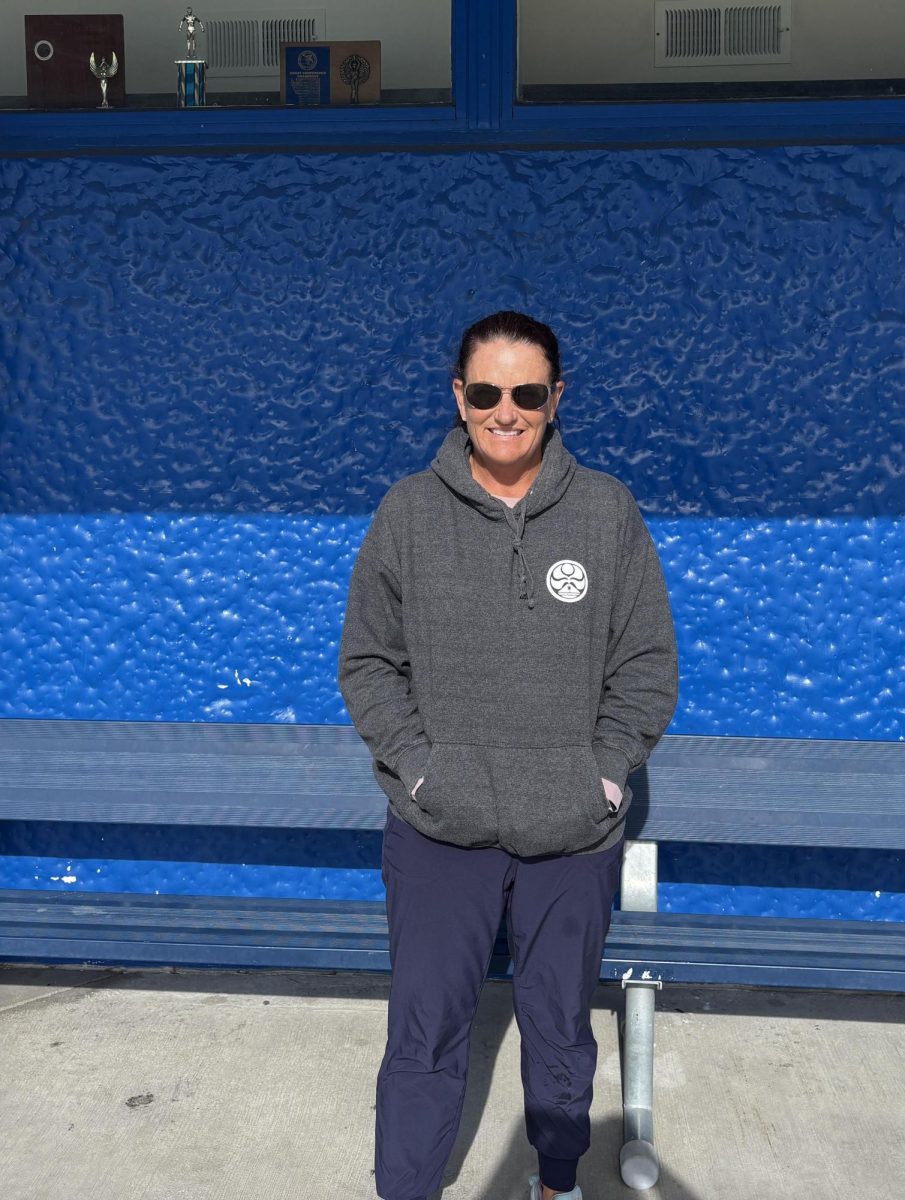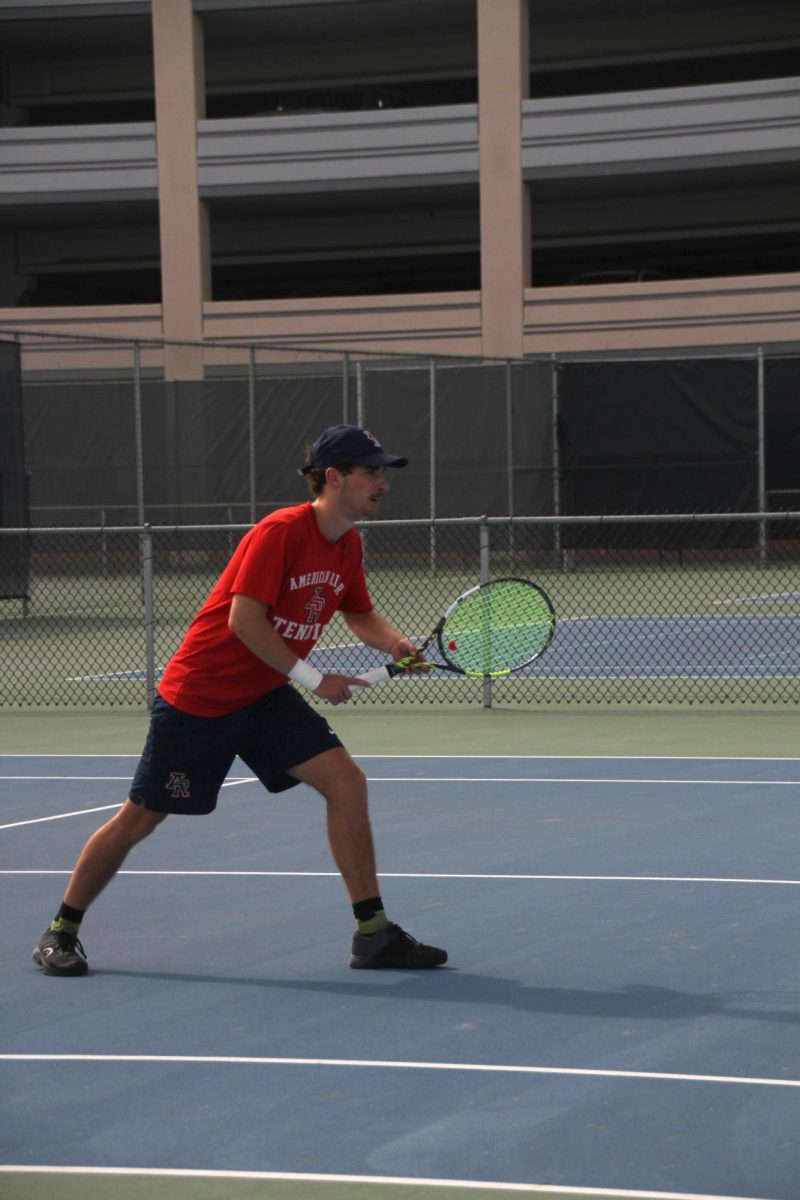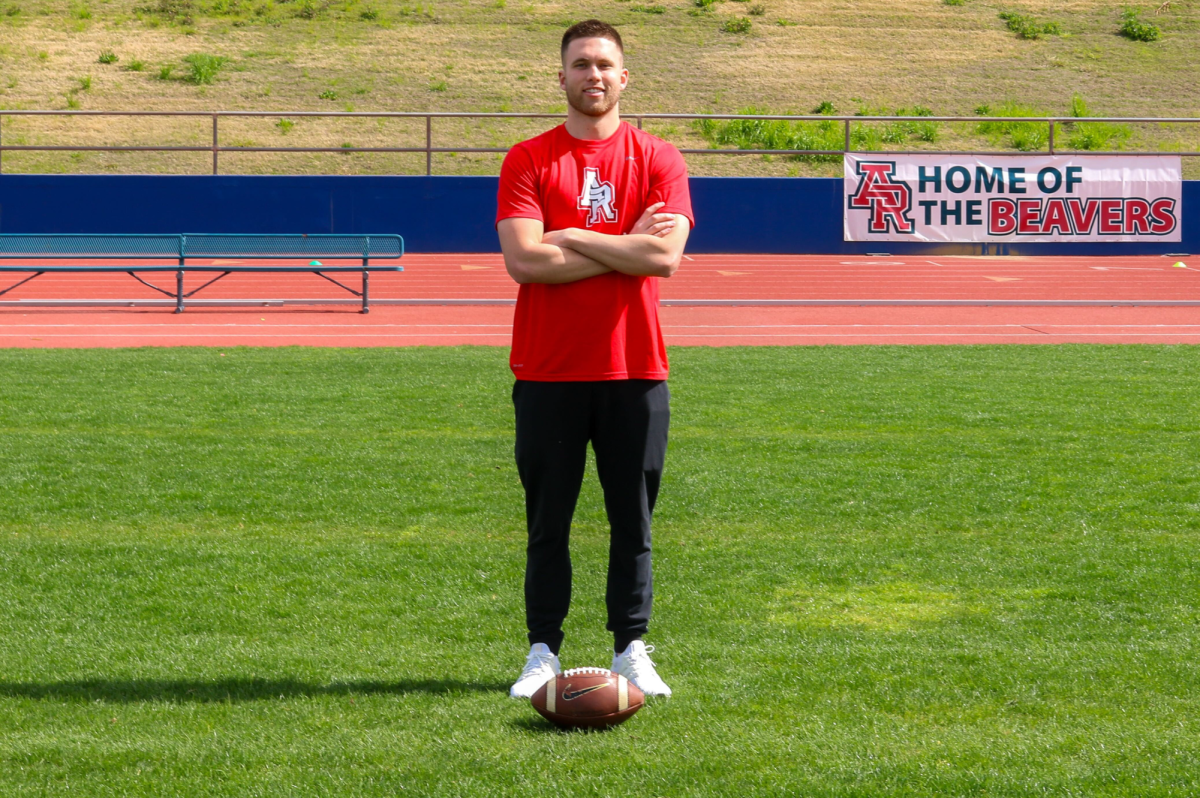Rigorous workout routines, strict diets, hours and hours sucked into training. A whole crowd of people watching, critiquing, analyzing your performance. The pressure not to let yourself, your team, your whole school down. These are a few of the pressures athletes face on a regular basis.
Many athletes here at American River College, in addition to their coursework, also have part-time jobs, internships, and social or familial obligations. While all students have multiple commitments to balance, being an athlete is one that consumes multiple hours in a week, but also a lot of physical and mental energy. It is not enough to merely show up for practice—athletes must also make sure to be well-fed and well-rested.
“Balancing practice, social life, and schoolwork,” says McKenzie Hotlyng, a member of the swim team, when asked about the hardest part of being an athlete.
Because none of the students are on scholarship, everyone is here because they want to be. As a result, the athletes are intrinsically motivated to train and perform well. While there may not be the pressure of living up to scholarship money or upholding the status of a big university, there is still the pressure students put on themselves.
“I try not to let it affect me, but other athletes take it harder,” says Emmy Myers, a member of the swim team.
For some students, their sport makes up a large part of their sense of self, so losing a competition can feel like losing a part of their identity.
“There is no such thing as failure, just a performance that didn’t go as planned,” says Eric Black, ARC’s men’s swimming and diving coach.
This philosophy softens the harsh confines of the winning-losing binary. Just like life, sports should not be about the end result, but about putting forward your best effort. And again, just like life, sometimes one can do their best and still not get the result they hoped for. The role of a coach is not to merely coach the student on how to best play the sport, but how to improve themselves as whole so they show up as their best selves on the field, court or pool. This idea also helps with making sure that their dedication to sports is not taking away from other areas of their life, which can result in burnout.
“When I’m in season, I’m tired all the time and feel burnout faster,” Myers says.
Myers, in addition to being a full-time student and athlete, also works three jobs. She manages her busy schedule by sticking to a set of rules that help her stay on track, such as going to bed at 10:30 and making sure to eat all her meals. Swimmer Sasha Taylor says that self-care is what helps her juggle a lot of things at once. Although figuring out how to make time for the sport can be stressful, the sport itself can actually be therapeutic.
“It’s a saving grace because endorphins are also a part of mental health,” says Bethani Black, ARC’s women’s swimming and diving coach.
She adds that the support system that comes from participating in a team sport helps to provide a community and sense of belonging. Additionally, a little bit of stress is a good thing. It forces the student to push themselves to give their best and see what they are truly capable of, which builds confidence, self-esteem and a sense of accomplishment. Black says that a good coach is able to hit the sweet spot of putting exactly the right amount of stress on their athletes.
“We spend a lot of time together and get to know each other really well,” says Bethani Black.
While having that support system and comfort is helpful, it can also be a breeding ground for comparison.
Myers mentions how sometimes the faster swimmers can be more popular and as a result cliques can form.
“There can be an elitist energy,” says Myers. “People not in a friend group don’t get as much support.”
As mentioned earlier, when a person’s whole identity gets wrapped up in sports, they not only measure their self-worth through their performance, but they might also judge others by the same standard as well. Myers mentions how this is especially prevalent in individual sports as it is all on the athlete to bring themselves to success rather than relying on teamwork.
Despite all these struggles, however, society has progressed in the past several decades in that mental health doesn’t have the same stigma attached to it as before. The holistic approach to sports in addition to the close relationship coaches have with their athletes contributes to this.
“When I played, there was no conversation about mental health,” Eric Black says.
At the end of the day, whether being involved with a competitive sport is a positive or negative experience depends primarily on the athlete. Those who are better able to manage their time and ask for help when they need it are more likely to thrive, whereas those who are not on top of things are more likely to struggle. After the athlete, it is also up to the coach to provide that support and encouragement that pushes a student to give their best.


